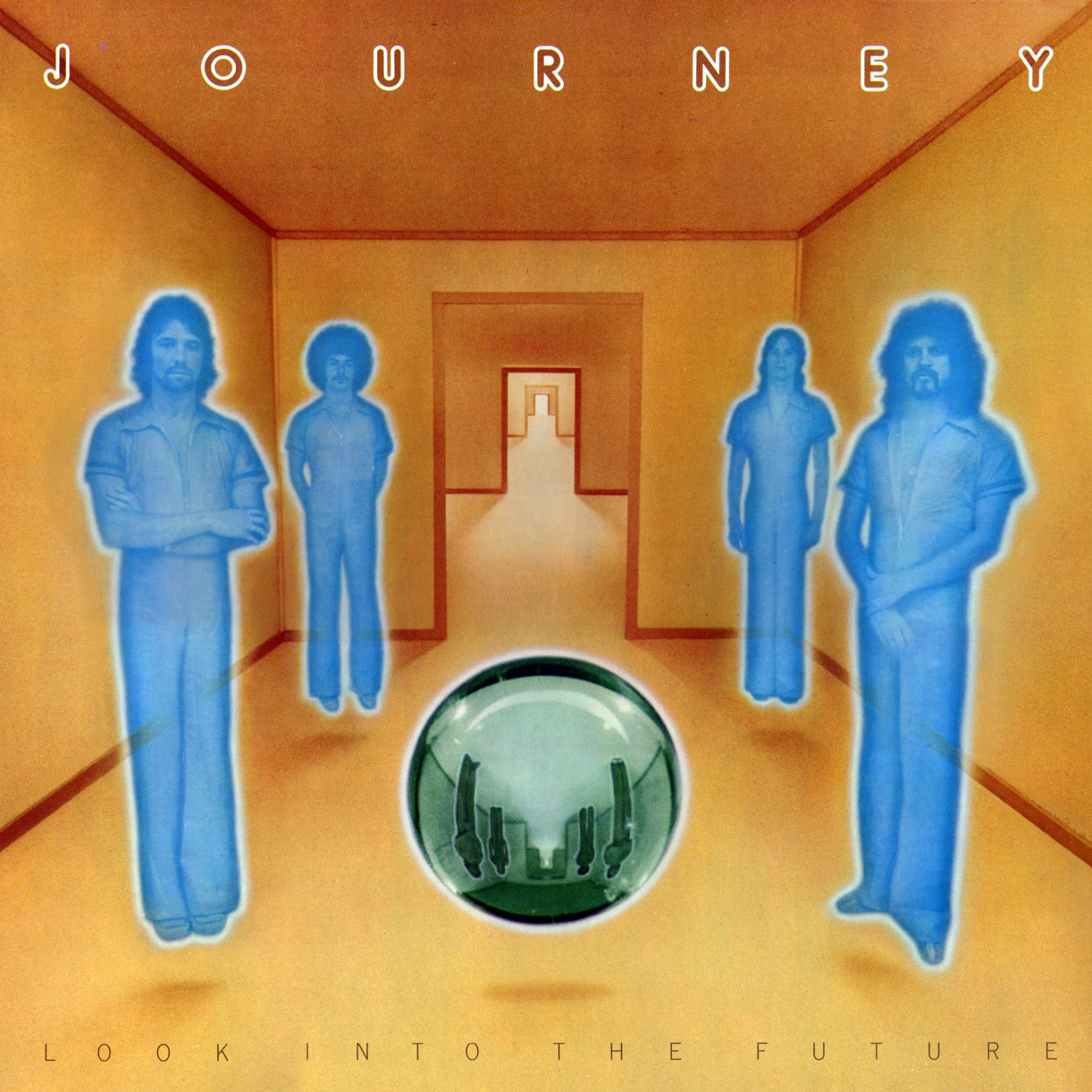
Giger had been having this nightmare for a long time. Their 1969 Walpurgis, features what look very much like Alien’s facehuggers. Ten years before Alien, Giger designed his first album cover, for a “ proto-metal” band called The Shivers. The record was also, in a way, “a throwback to Giger’s other famous record cover, the one for Emerson, Lake, and Palmer’s Brain Salad Surgery” from 1973 (above). “It was a feeling that would flourish in the decadent ‘80s.” It would “see its influence in films like Hellraiser, the rise of what was called the ‘modern primitive’ movement, and help cultivate the dark masochistic character Harry would play in David Cronenberg’s Videodrome,” writes Ted Mills in an earlier Open Culture post. The album was panned, but the cover ended up being as prescient as the film that preceded it. Meeting him the following year, the Blondie singer asked Giger to design the cover and music videos for her solo album, KooKoo. Swiss artist Hans Ruedi Giger is a genre unto his own, single-handedly inventing the biomechanical horror of the 1980s with his designs for Ridley Scott’s 1979 Alien, the film that launched him into international prominence and turned Debbie Harry on to his work. Giger’s amazing cover for Emerson, Lake and Palmer’s album Brain Salad Surgery portrays a Gothic touch that could fit any heavy metal band at any time. Recording Industry Association of America. ^ "American album certifications – Journey – Infinity".^ "Canadian album certifications – Journey – Infinity".^ a b c "Journey Chart History (Hot 100)".^ " Top RPM Singles: Issue 4577a." RPM.

#JOURNEY ALBUM COVERS PROFESSIONAL#
Reception Professional ratings Review scores The addition of Perry gave the band a more mainstream sound, and helped Journey attain their highest chart success to date. This had the effect of making three or four voices sound like more, and is notable on the songs "Feeling that Way" and "Anytime", which are often played in tandem consecutively on radio stations as presented on the album. He achieved this by having each vocalist (usually Perry and Rolie, sometimes joined by Valory and/or Schon) sing each harmony part in unison. In addition, Baker's method of stacked harmonies, notable on several other albums he produced, became trademarks of Journey's sound. Baker produced a layered sound approach, similar to his work with Queen, as demonstrated on tracks such as "Winds of March" (with help from engineer Geoff Workman). Journey's manager, Herbie Herbert, enlisted English producer Roy Thomas Baker to produce Infinity. The latter was co-written with temporary frontman Fleischman. Other popular singles included " Lights" and " Wheel in the Sky". Perry wrote the lyrics, in which he expresses the sadness of being on the road and away from home, while also expressing admiration for the band's fans, and Schon wrote the music for the song. "Patiently" was the first song Perry and Neal Schon wrote together. In "Feeling That Way", Perry dueted with keyboardist Gregg Rolie, who sings lead vocals on "Anytime". Fleischman would later resurface as the first singer of the glam metal band Vinnie Vincent Invasion. Fleischman was soon replaced by Steve Perry, due to musical and management differences.

Looking for a stronger lead vocalist, Journey briefly enlisted Robert Fleischman and even recorded a few tracks with him, one of which, "For You", later appeared on the Time 3 compilation album and Fleischman's solo album Perfect Stranger. It was the band's first album with vocalist Steve Perry and the last to feature drummer Aynsley Dunbar. Infinity is the fourth studio album by American rock band Journey, released in January 1978 by Columbia Records.


 0 kommentar(er)
0 kommentar(er)
